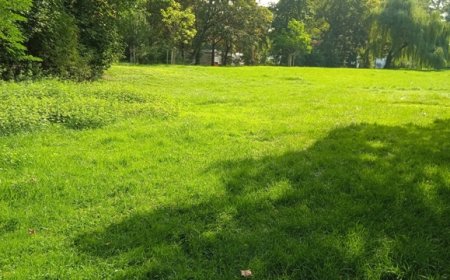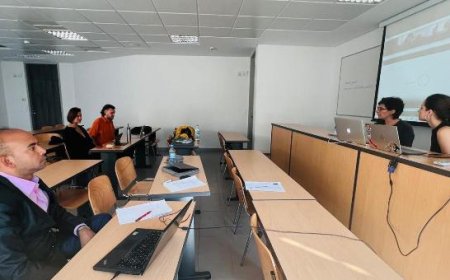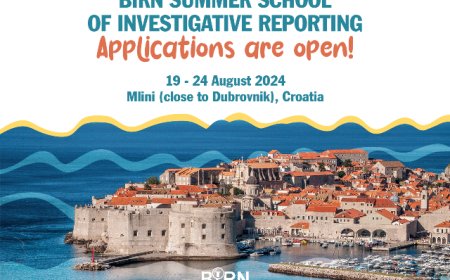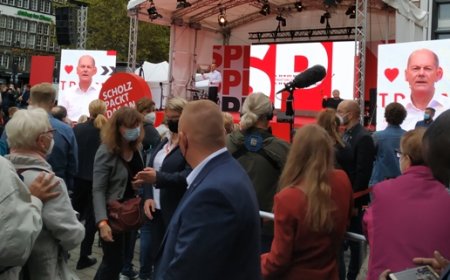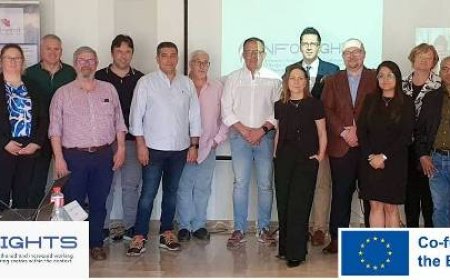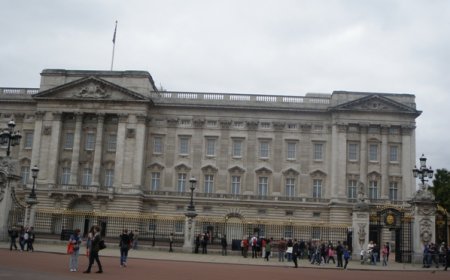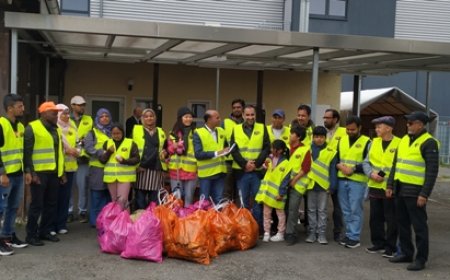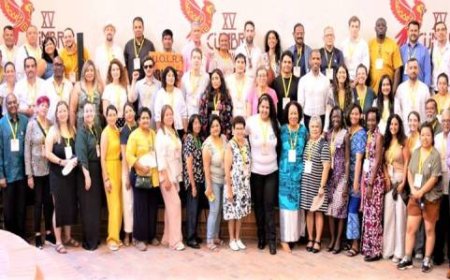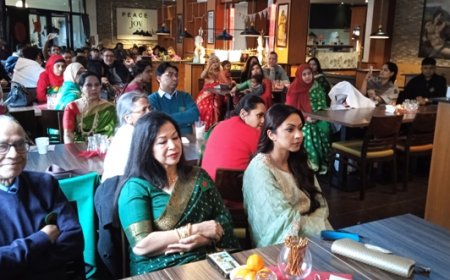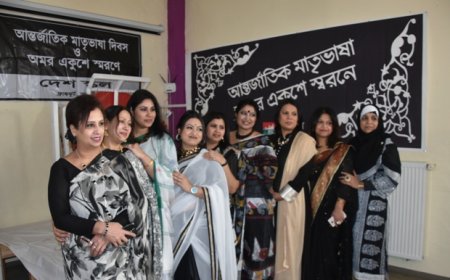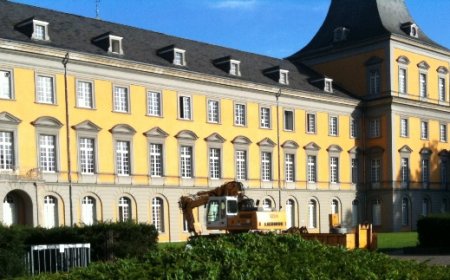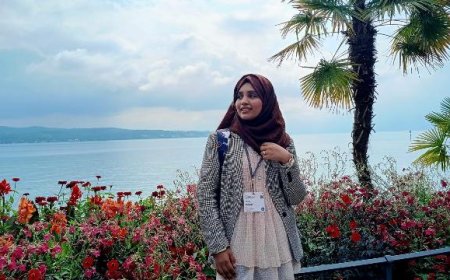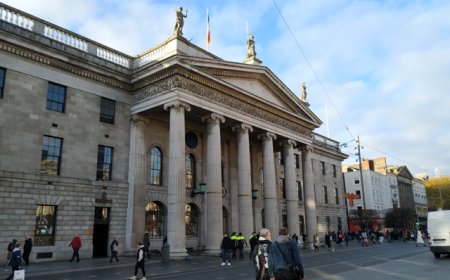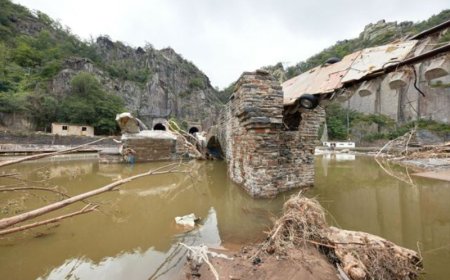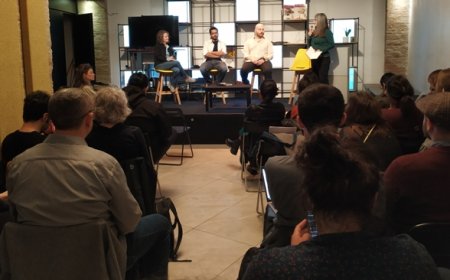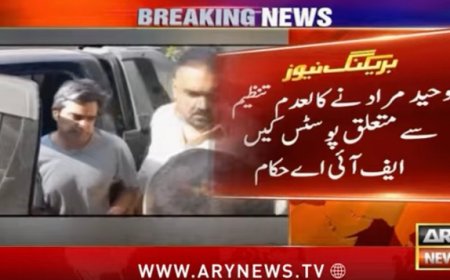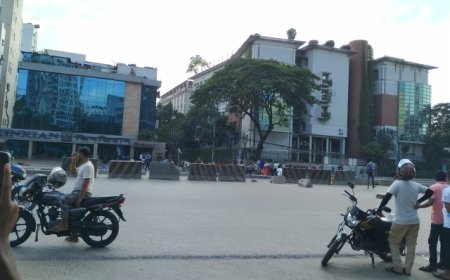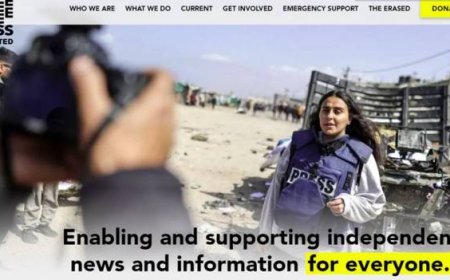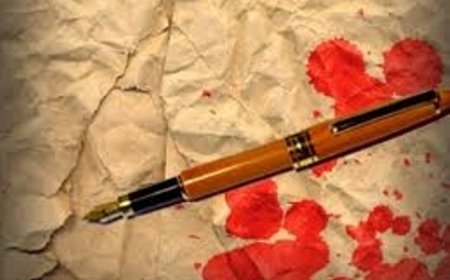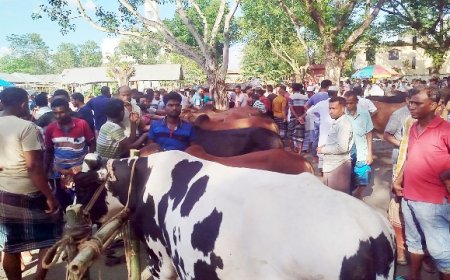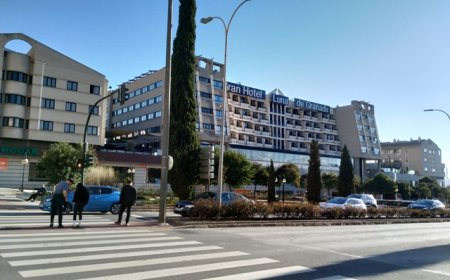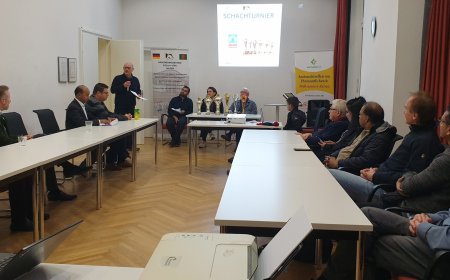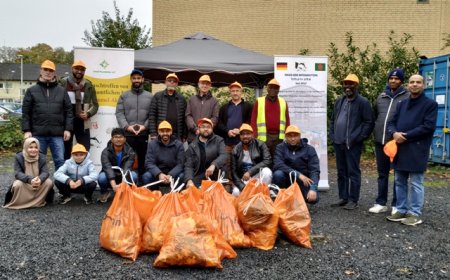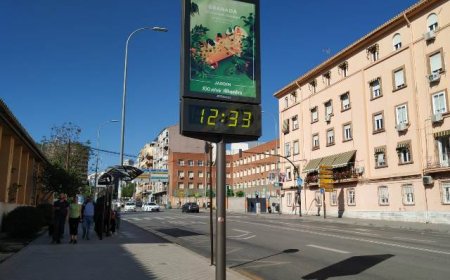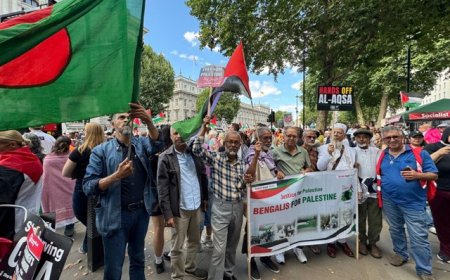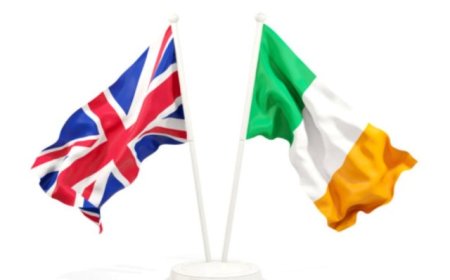Demand for intern'l recognition of 1971 Genocide reiterated at UN conferencee in Geneva
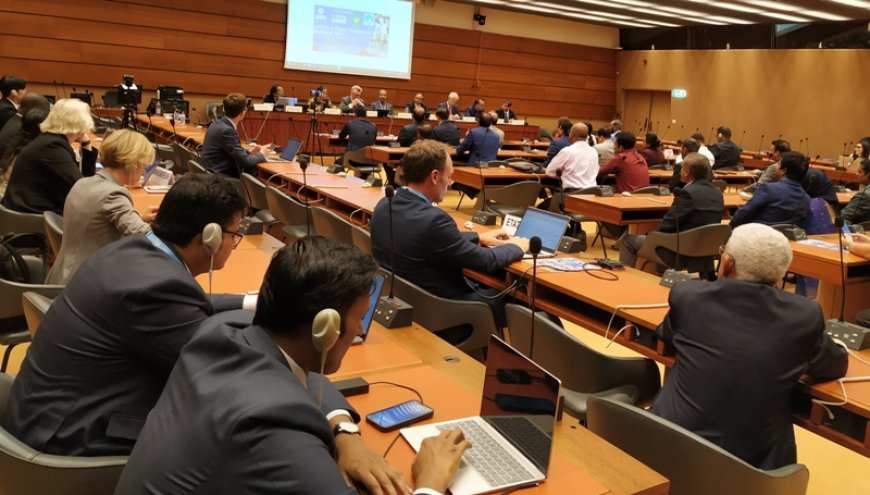
Abu Hossain An Nahid
Speakers at the United Nations side event today called upon the governments, internatioanl institutions including the UN agencies to recognise the Bangladesh genocide committed by Pakistan in 1971. They said, silence is complicity and opined that every genocide, every crime against humanity deserves to be recognised, to give solace and honor to the victims, members of the victim families and stop recurrence of such crimes against humanity. The international community has a moral obligation and role to play in this regard, they continued.
They were speaking at the side event on ‘Justice & Peace : Bangladesh genocide 1971’organised jointly by European Bangladesh Forum, Global Solidarity for Peace. International Human Rights Commission, Switzerland and Bangladesh Support Group on 10 October 2023 at the UN building in Geneva, Switzerland. Ambassador and Permanent Representative of Bangladesh to the UN Offices and other International Organizations in Geneva Mohammad Sufiur Rahman addressed the side event as the chief guest while it was chaired by BASUG Chairman Bikash Chowdhury. Among others the conference was addressed by former veteran Member of the Dutch Parliament and a human rights activist Harry van Bommel, British journalist and publisher of EU Today, Gary Cartwright, lecturer at the Faculty of Governance and Global Affairs at Leiden University, Netherlands and a Pakistani descent Aleena Khan, senior journalist and researcher at the University of Bonn Dr. Hossain Abdul Hai, President of Baloch Voice Association, France Munir Mengal, exiled Chairman of United Kashmir Peoples National Party, Switzerland Sardar Shaukat Ali Kashmiri, President of Global Solidarity for Peace Belgium Murshed Mahmud and the President of International Human Rights Commission Bangladesh, Switzerland Khalilur Rahman Mamun. Participants in the side event were members of the Bangladesh community in different European countries, European politicians, academics, researchers and human rights activists from other civil society organisations in Europe.
The speakers said, the time is right for recognition of Bangladesh Genocide adding, it is of great importance and an absolute necessity to honour the victims of 1971 genocide and their descendants through recognition. Unfortunately, Bangladesh genocide has today become a forgotten chapter in the history.
It may be recalled that in 1971 Pakistan military committed one of the worst mass atrocities that the world witnessed in the 20th century. The Pakistani occupation army in nine months killed approximately three million people, violated over two hundred thousand girls and women and forced ten million people to cross the border and take shelter in India. The 1971 Genocide by the Pakistan Army is well documented and reported in the international media and also in the diplomatic correspondences during that period.
The side event was live telecast by London-based British Bangla News channel and watched in different cities across the world including Dhaka and New York.
Addressing the side event, Bangladesh ambassador and Permanent Representative of Bangladesh to the UN Offices Mohammad Sufiur Rahman said that there were intensions of the Pakistani government to destroy a community in 1971. The other part of Pakistan wanted to subjugate Eastern part from the very beginning. They wanted to destroy Bengali culture and identity and started marginalising economically and socially by attacking Bengali language.
He added, our father of the nation Bangabandhu Sheikh Mujibur Rahman had the struggle for the rights of the Bengali people. Although he was voted to power, he was denied to form government. The Pakistani government said, Bengalis were not capable of running the government and unleashed atrocities on the Bengali nation. They started brutal crackdown under the title of ‘Operation Searchlight’. Very close to the independence they killed Bengali intellectuals break down the backbone of the Bengali nation.
Referring to the recent visit of the European fact finding mission in Bangladesh, veteran Dutch politician and human rights activist Harry van Bommel said, by talking to the victims, by visiting killing sites and by reading testimonials documented by the International Crimes Tribunal we have come to the conclusion that there is enough physical evidence in Bangladesh to support the scientific consensus that there was a genocide in Bangladesh in 1971.
In his speech British journalist and publisher of EU Today, Gary Cartwright said, West Pakistan realised the values of East Pakistan. The desire of Bangladeshi people for independence is quite understandable. He added that he was very critical of Pakistan because of its blasphemy laws, which belong to bi-gone century, while Bangladesh has made massive economic growth. At the moment the GDP in Bangladesh is higher than that in the European Union. This is an incredible achievement for such a young country. We see the hospitality of Bangladesh to Rohingya refugees despite huge economic burden to provide them food, shelter and education to their children. Bangladesh is one of the largest contributors to the UN Peace Keeping Missions. A young country Bangladesh is taking responsibility in many difficult situations and also they sent forces to Cyprus.
Regarding the recognition of the 1971 genocide he added, although some organisations have recognised the genocide of 1971, national states are not doing so because of their geo-political interests. However, Britain has a moral responsibility to recognise the genocide without any delay.
In her paper titled ‘Truth-seeking and the 1971 Genocide’, Aleena Khan, an American of Pakistani descent and who is a lecturer at the Faculty of Governance and Global Affairs at Leiden University, Netherlands said, ‘the Pakistani government and society’s desire to entirely erase the history that almost halved its population was hard for me to understand. I also know that as an American of Pakistani descent I do not have the same perspective as a person who is from Pakistan only. However, I don’t think that should matter. I think all Pakistanis need to make the effort to open this dialogue. I don’t think it’s possible to reach justice without there being a collective history and shared understanding’.
Aleena Khan continued, ‘she asked her mother what she knew, how she felt, what she thought about the 1971 genocide in Bangladesh. And her mother told her that when she was first educated on the actual events that occurred in the conflict, including the genocide, she was ashamed to be a Pakistani’.
Dr. Hossain Abdul Hai, a former journalist of German international broadcaster DW (Deutsche Welle) and researcher in the University of Bonn, Germany in his paper said, 1971 is a black chapter of the human history. The brutality during the war in 1971 was not limited only to a group of soldiers, fighters or a community. It has left the evidence of torture, rape, killing, burning and cleansing of the whole nation and ethnicity. Women and girls have often been targeted in war time for violence, especially sexual violence. It was full of pain and suffering, especially when it is born of injustice.
Dr. Hossain Abdul Hai, a former journalist of Germany's international broadcaster DW (Deutsche Welle) and a researcher at the University of Bonn in Germany, said, 1971 is a dark chapter in the human history. Atrocities during the 1971 war were not confined to a single group of soldiers, combatants or a community. During this war, Pakistani soldiers left evidence of torture, rape, murder, arson and extermination of an entire race and ethnicity. Women and children are often the targets of violence, especially sexual violence, during war. 52 years ago, the cries of helpless mothers and sisters, who were raped and tortured in the darkness of the bunkers and camps of the Pakistani soldiers, did not reach the ears of the people of the world, but today, when the horrendous narratives of the living brave Bangamata heroes are presented as a living document to the world, no human rights defenders can sit idle but recognising this genocide.
Munir Mengal, President of Baloch Voice Association, France, said that the same way Pakistani soldiers killed Bangladeshi intellectuals on the eve of Bangladesh's independence, they are brutally killing Baloch intellectuals now. In 1971, the Pakistani army used religious extremist groups in Bangladesh, they are now taking our mothers and sisters from their homes in Balochistan and making them sex slaves in the army's torture camps. We believe that international recognition of the genocide committed in 1971 and the exemplary punishment of those responsible would not have allowed them to repeat it in Balochistan today. Therefore, on behalf of the Baloch communities, I demand that the United Nations and the international community to come forward to protect the human rights of all ethnic groups in South Asia from the brutal torture of the Pakistani barbaric army forces through recognizing the genocide committed on the people of Bangladesh.
Chairman of United Kashmir People's National Party, Switzerland, Sardar Shaukat Ali Kashmiri, referring to the events of 1971, said, in response to a journalist's question, General Tikka Khan, the butcher of Bengal, said, "I do not believe in history, I believe only geography." On the other hand, General Niazi said about their rape and oppression on Bengali women, we are here to change the race of the Bengali. Such was the mind-set of the Pakistani military rulers. As a witness of history, I strongly demand the UN, Human Rights Council and other organizations to recognize the genocide that took place in 1971 and it is time that the government of Pakistan should tender apology to the Bengali nation for this genocide.
What's Your Reaction?







